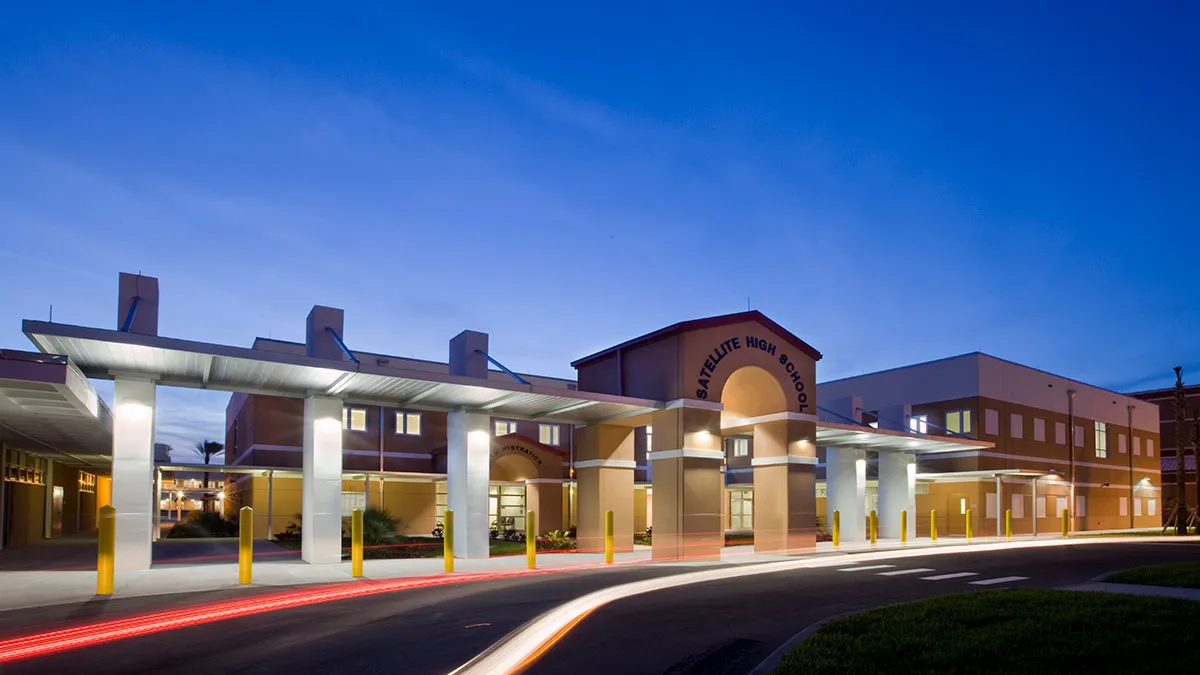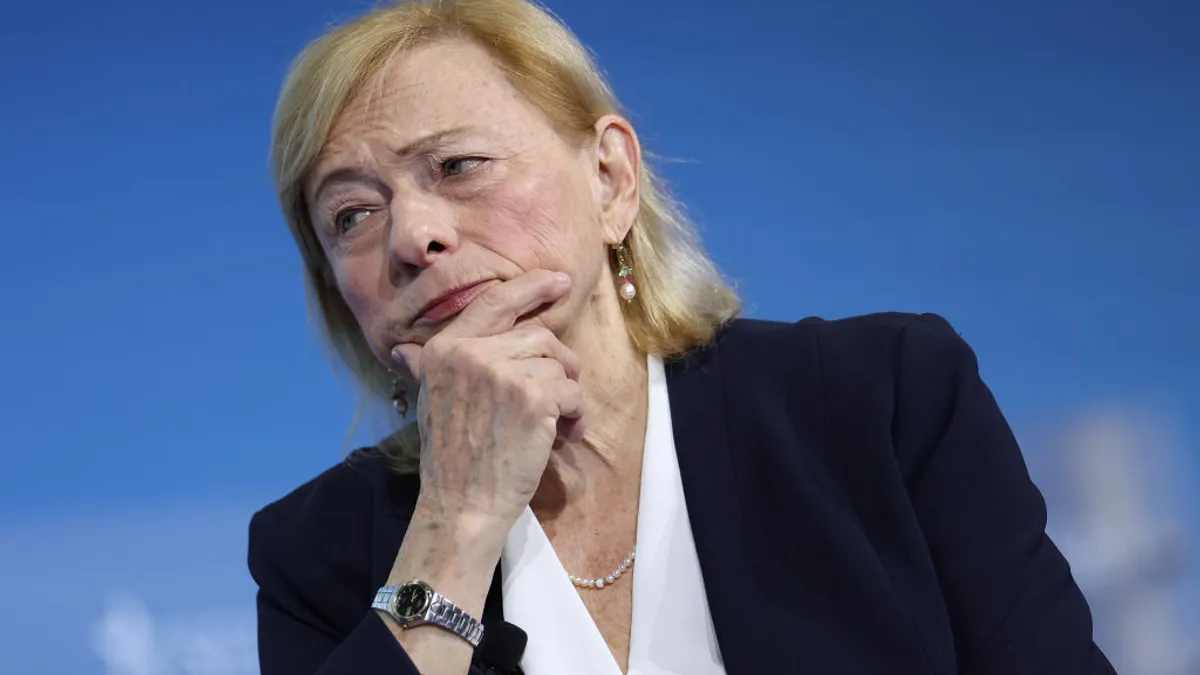Former President Donald Trump's victory over Vice President Kamala Harris in the 2024 U.S. presidential election is expected to usher in education policy changes and potentially revive old actions undone by the Biden administration.
The yearslong policy ping-pong since the Obama administration is likely to continue under Trump's second term on key issues like Title IX, school choice and federal funding.
However, much like the rest of the nation, education organizations and leaders are divided over Trump's victory and its implications for K-12.
LGBTQ+ vs. parental rights
One of the most divisive issues remains Democrats' efforts to protect LGBTQ+ rights on the one hand and Republicans' advocacy for parental rights on the other. The divide has spilled into curriculum debates, transgender athlete and sports team policies, bathroom access, and more.
On Wednesday, LGBTQ+ advocates expressed disappointment.
"Today, many in our community feel a profound sense of loss and concern for the future," said GLSEN Executive Director Melanie Willingham-Jaggers, citing the potential undoing of Title IX LGTBQ+ protections. The Biden administration cemented LGBTQ+ protections into regulations for the first time under the anti-sex discrimination statute — something Trump said he would undo on Day 1 of his presidency.
"With these changes, our young people could face increased discrimination, reduced access to safe spaces, and diminished legal recognition, particularly for transgender students," Willingham-Jaggers said in a statement.
Meanwhile, parental rights enthusiasts celebrated Trump's win.
"Time to put parents back in the driver’s seat when it comes to their children’s education!" said Tiffany Justice, co-founder of Moms for Liberty, in a social media post on Wednesday following Trump's reelection. The grassroots organization advocates against LGBTQ+ inclusive policies and curriculum, and it has successfully sued the Biden administration to prevent its Title IX policies from taking effect in hundreds of schools.
"We must dismantle the woke education industrial complex," Justice wrote in the post
Education Department's fate
Others, including state education leaders, are divided over Trump's promise to cut funding from the Department of Education and potentially dismantle it entirely.
Tony Thurmond, California superintendent of public instruction, called on Trump and Congress "to reaffirm their commitment to public education" in light of the president-elect's plans to abolish the department.
Following through on that plan, Thurmond said in a Thursday press release, could cost his state nearly $8 billion in funding for California schools.
Meanwhile in Oklahoma, State Superintendent of Public Instruction Ryan Walters quickly sent a memo to parents statewide pushing for elimination of the department under Trump's leadership and transitioning to block grants in its place. Walters cited prioritizing parental rights, eliminating "divisive gender and racial ideologies," and enforcing "a patriotic curriculum that respects our country and honors our shared heritage" as reasons to abolish the agency.
"The federal government has hijacked our education system, using taxpayer dollars to impose harmful policies and control what is taught in our schools," Walters said in the Nov. 7 missive.
Moms for Liberty's Justice echoed the sentiment, calling abolishing the agency a way to "give the power back to the states."
The Heritage Foundation, which authored Project 2025 — the conservative manifesto that among many other things advocates for shutting down the department — said in a statement that it would like to see Trump "put families and children first, and dismantle the deep state."
However, others say eliminating the department is unlikely or would be a harmful move.
"Some of his specific ideas — such as dismantling the Department of Education and cutting education funding — need Congressional approval and are deeply unpopular," said Mike Petrilli, president of the Thomas B. Fordham Institute, a conservative education policy think tank, in an email to K-12 Dive. "Even with a united Republican Congress it will be hard for him to get his party to go along with these policies, or so I suspect."
Trump: Bad or beneficial for school choice?
Trump is a well-known advocate for school choice, including the use of public funds to support private education.
In congratulating the president-elect, the National Parents Union expressed support for Trump's education agenda, including his commitment to public school choice.
"Republicans have made great strides in advancing education solutions that are a priority, namely expanding access to high quality teachers and school choice," said Keri Rodrigues, president of the group that advocates for parental involvement in education policymaking, in a Wednesday statement. Rodrigues urged Trump "to work with allies across the political aisle and continue to invest in public school choice options."
However, Petrilli doesn't foresee Trump's election as beneficial for school choice. The political dynamics of his first term, Petrilli said, "were very bad" for charter schools, especially in blue states.
"Because Trump strongly supported school choice, including charter schools, he made those issues radioactive on the left, so reform-oriented Democrats were sidelined or silenced," said Petrilli. "Given that there are a lot of kids in blue states like California, New York, and Illinois who desperately need high-quality educational options, this would be a terrible development."
The National Education Association, the nation's largest teachers union, said it is "find[ing] strength" in state ballot measure outcomes, which were largely anti-school choice.
Voters "chose to support children and support strong public schools" and "rejected diverting public school funding to unaccountable and discriminatory private schools," said NEA President Becky Pringle in a Nov. 6 statement.








 Dive Awards
Dive Awards














